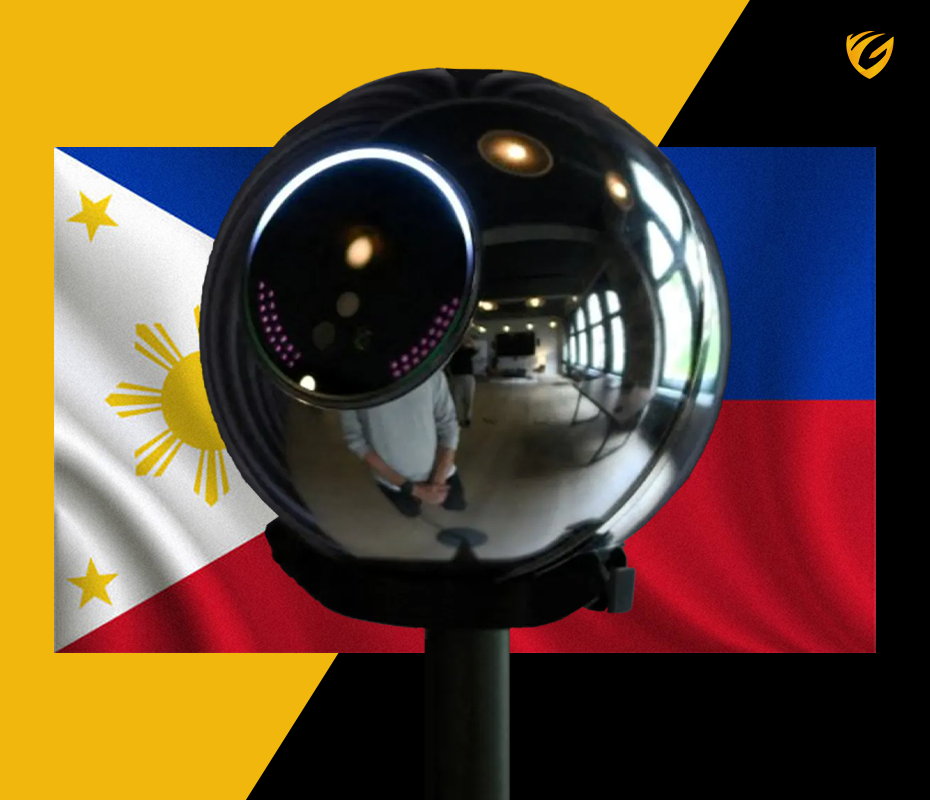Embracing Change: How Filipinos Are Thriving in the Evolving World of Digital Nomadism
By James Pebenito • September 13, 2023
Embracing Change: How Filipinos Are Thriving in the Evolving World of Digital Nomadism
The Philippines, which is situated on the eastern edge of the Asiatic Mediterranean, has long been a country used to dealing with natural disasters like typhoons and earthquakes. The situation that developed in 2020, however, was unlike anything the nation’s approximately 114 million citizens had ever encountered.
The COVID-19 pandemic exposed long-standing problems in numerous areas, with the healthcare system bearing the brunt of the impact, and not just causing shockwaves through the local economy due to border restrictions. It would take the Philippines longer than two years to reestablish some kind of normalcy, with businesses progressively encouraging workers to return to physical offices and some implementing hybrid work arrangements. However, this time of turmoil had a significant effect on Filipino labor, highlighting the advantages of remote employment.
The labor market was undergoing a tremendous upheaval as the nation dealt with the pandemic’s issues. Like many others worldwide, Filipinos have come to appreciate the benefits of remote employment. This insight sparked a rising tide of digital nomadism among the workforce of the nation.

Benefits of Remote Work Revealed:
For many Filipinos, remote employment became more than just a way to overcome the limitations brought on by the pandemic. The advantages were numerous, including a better work-life balance, shorter commutes, and the chance to work remotely for multinational corporations. Due to their increased adaptability, Filipinos are now able to compete on a worldwide scale in the labor market.
Filipinos have a long history of being known for their ability to adapt and persevere in the face of difficulty. These virtues were further highlighted by the pandemic as people and organizations quickly embraced remote work options. The country’s growing outsourcing sector, which was already a significant player on the international scene, showed its adaptability by smoothly converting to remote operations.
A thriving scene of digital nomads
The digital nomad way of life expanded in the Philippines as remote employment became more popular. Coastal communities, mountaintop settlements, and getaway islands turned into havens for a new generation of professionals as well as getaway spots. To serve this expanding population of location-independent workers, co-working facilities and neighborhood-based programs have sprung up.
The Philippines’s Workforce of the Future
The Philippines now has many interesting new opportunities thanks to the rise of digital nomadism. It has demonstrated how adaptive, resourceful, and competitive the nation’s workforce is on a worldwide scale. Hybrid work arrangements and remote employment options are anticipated to remain crucial to the future of work in the Philippines as the labor market continues to change.
While the COVID-19 pandemic presented the Philippines with previously unheard-of difficulties, it also sparked a profound change in the way Filipinos view their jobs. Remote employment and digital nomadism have become revolutionary forces that enable people to pursue career opportunities outside of their immediate geographic area. As the nation adopts this new style of working, it will be in a strong position to take advantage of its adaptability and resilience in the always-changing labor market, paving the path for a bright future for the Filipino workforce.



